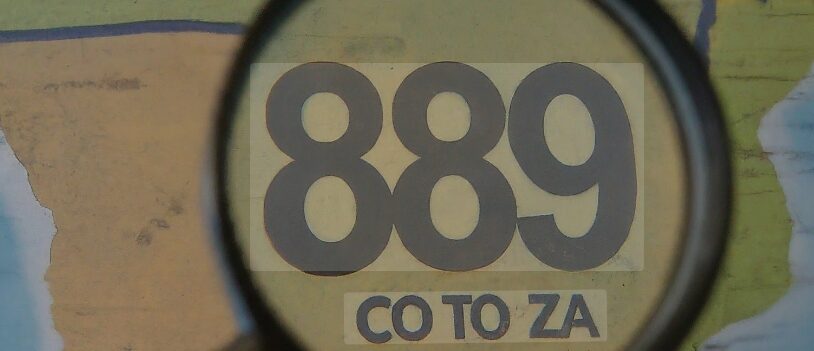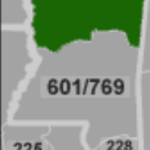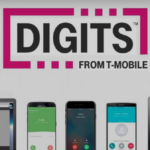Have you ever received a call or text from a mysterious 889 phone number and wondered where it originated? The sequence “889” can appear in several different contexts within the world of telecommunications, and its meaning depends entirely on how and where it’s being used. This article will break down what an 889 phone number could signify, from its status as a future area code to its use in international calling and potential association with scams.
Is 889 a Valid Area Code in North America?
For those in the United States and Canada, the most common question is whether 889 is a geographic area code. The short answer is no, not in the traditional sense.
A Future Toll-Free Prefix
Within the North American Numbering Plan (NANP), which governs phone numbers in the U.S., Canada, and some Caribbean nations, 889 is designated as a reserved toll-free area code. It sits alongside other well-known toll-free codes like 800, 888, and 877. However, as of mid-2025, the 889 area code has not yet been activated or assigned for general use. This means you cannot be assigned an 889 phone number for your business or personal use at this time. When it is eventually rolled out, it will be used for toll-free calling across the NANP territory.
International Use of the 889 Prefix
While not an active area code in North America, the number sequence “889” does appear in other parts of the world.
Mobile Numbers in Bulgaria
If you see a call originating from a number beginning with the country code +359, followed by 889, you are likely receiving a call from Bulgaria. In the Bulgarian telephone numbering plan, numbers starting with 889 are designated for mobile phones. Therefore, a number formatted as +359 889 xxx xxx would be a mobile 889 phone number from Bulgaria.
Caller ID Spoofing and Potential Scams

Because the 889 phone number is not a standard, assigned area code in North America, you should exercise caution if you receive an unsolicited call from a number appearing as “889-xxx-xxxx” on your caller ID.
The Threat of Spoofing
Scammers frequently use a technique called “spoofing” to manipulate the caller ID display. They can make it appear as though they are calling from any number, including unassigned ones like 889. Their goal is to create confusion or curiosity, tricking you into answering the phone. These calls often lead to phishing attempts, where the scammer tries to obtain your personal or financial information.
How to Protect Yourself
- Be Skeptical: Treat unsolicited calls from unfamiliar or unassigned area codes with a high degree of suspicion.
- Do Not Engage: If you don’t recognize the number, it’s often best to let it go to voicemail. Scammers rarely leave messages.
- Never Share Personal Information: Do not provide sensitive data like your Social Security number, banking details, or passwords to an unsolicited caller.
- Block the Number: If you believe the call is illegitimate, block the 889 phone number to prevent future contact.
In summary, while the 889 phone number prefix is reserved for future toll-free use in North America, it is not currently active. Its most common legitimate use today is as a mobile phone prefix in Bulgaria. However, due to the prevalence of caller ID spoofing, any unexpected call from a standalone 889 number should be treated with caution.


